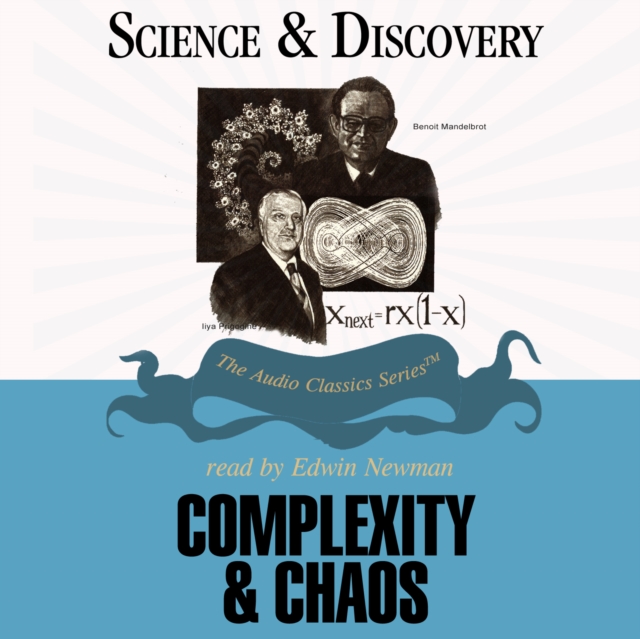
Complexity and Chaos
Newtonian physics described a regular, clocklike world of forces and reaction; randomness was equated with incomplete knowledge. But scientists in the late twentieth century have found patterns in things formerly thought to be “chaotic”; their theories help explain the unstable, irregular, yet highly structured features of everyday experience. It now seems likely that randomness and chaos play an ...
Newtonian physics described a regular, clocklike world of forces and reaction; randomness was equated with incomplete knowledge. But scientists in the late twentieth century have found patterns in things formerly thought to be “chaotic”; their theories help explain the unstable, irregular, yet highly structured features of everyday experience. It now seems likely that randomness and chaos play an ...
